
The 1990s were a transformative decade for music, with artists pushing boundaries and experimenting in ways that still resonate today. While some albums received the recognition they deserved upon release, others were dismissed or misunderstood—only for their genius to be appreciated years later. These records didn’t just define their era; they paved the way for the sounds of the future, influencing genres and inspiring generations of musicians. Let’s take a closer look at the 90s albums that were truly ahead of their time.
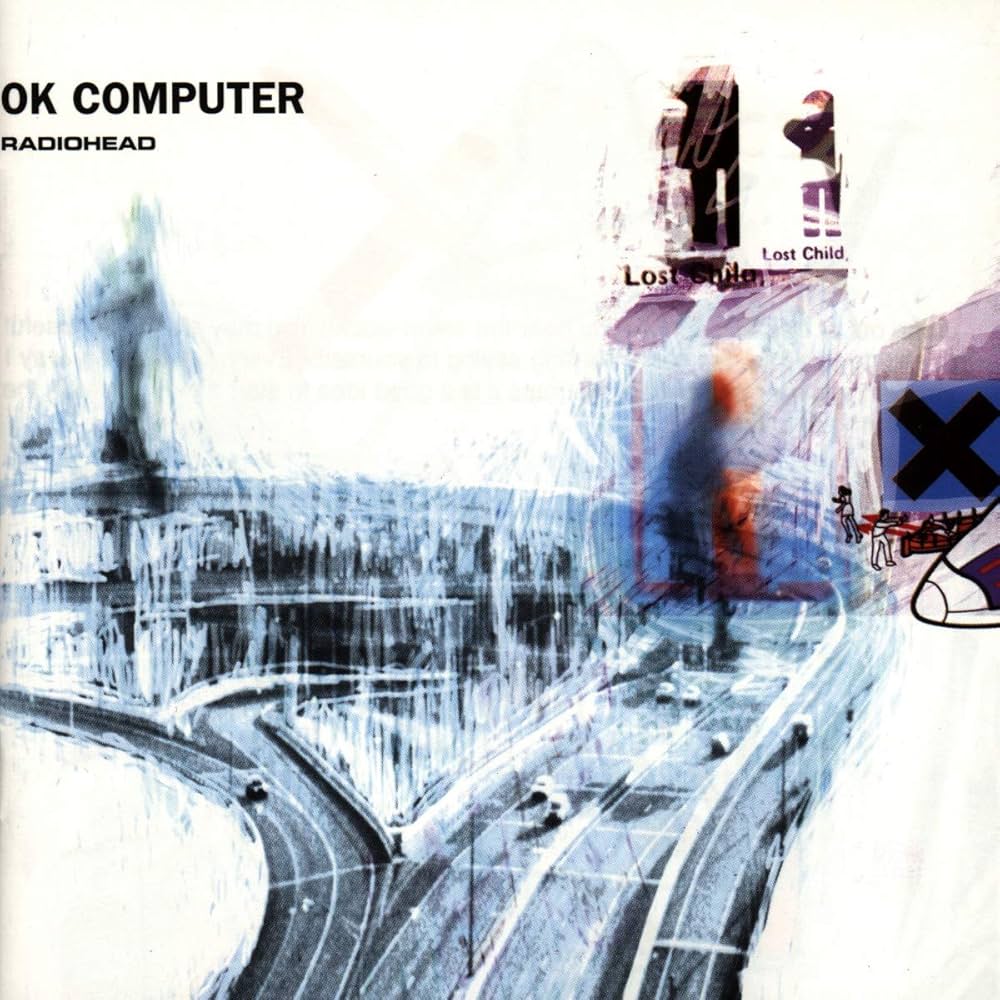
Radiohead’s OK Computer wasn’t just an album; it was a prophecy. With its haunting exploration of technology, alienation, and modernity, the record felt out of place in a decade dominated by grunge and Britpop. Tracks like “Paranoid Android” and “No Surprises” blurred the lines between rock, electronica, and dystopian storytelling. Initially polarizing, the album is now hailed as one of the greatest of all time, influencing everything from indie rock to experimental electronic music. Few records have aged as gracefully or predicted the 21st century with such eerie accuracy.

With Homogenic, Björk fused orchestral arrangements with glitchy, electronic beats, creating a sound that was as futuristic as it was deeply emotional. Songs like “Jóga” and “Bachelorette” balanced raw vulnerability with avant-garde production, laying the groundwork for modern experimental pop. At the time, Homogenic was considered too unconventional for mainstream audiences, but its influence can now be heard in the work of artists like FKA Twigs and Arca. Björk wasn’t just making music; she was building a sonic world decades ahead of its time.

Portishead’s debut album, Dummy, essentially birthed the trip-hop genre, blending jazzy noir vibes with haunting vocals and hip-hop-inspired beats. Tracks like “Sour Times” and “Glory Box” created a moody, cinematic soundscape that felt both nostalgic and revolutionary. While critics initially struggled to categorize it, Dummy became a touchstone for artists exploring downtempo and electronic music. The album’s shadowy allure and innovative production techniques remain influential, proving that Portishead was light-years ahead of their contemporaries.
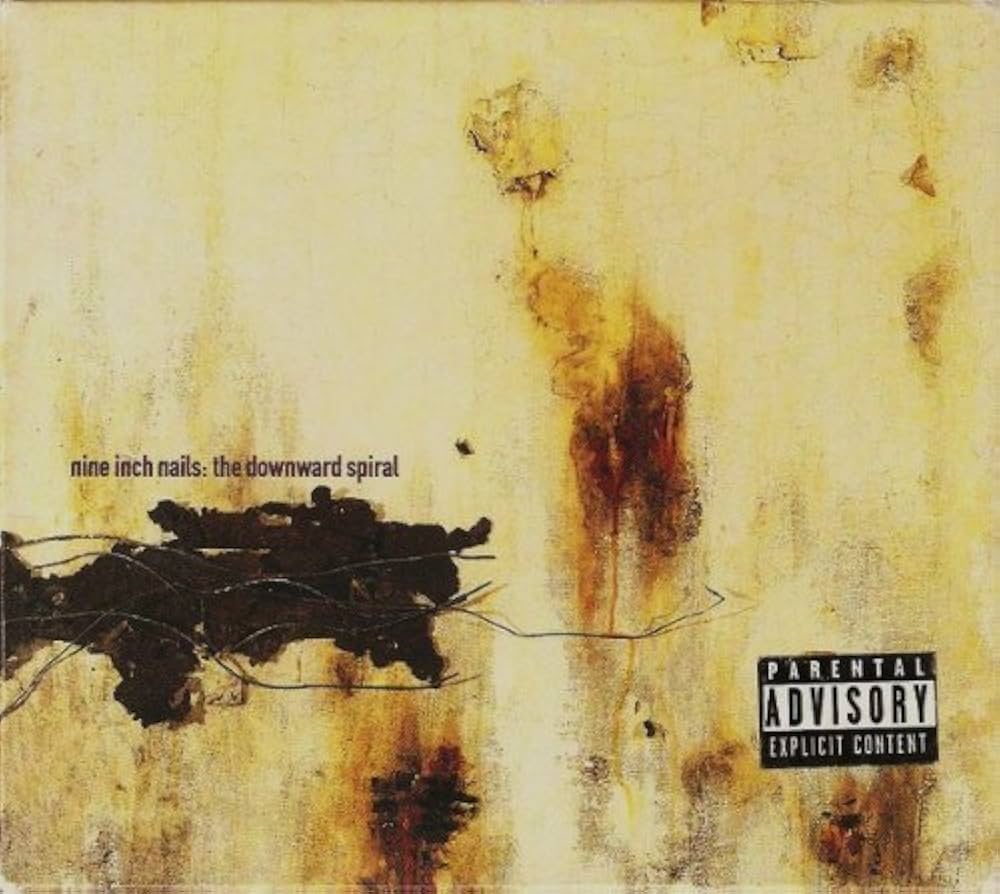
Nine Inch Nails’ The Downward Spiral was a visceral, abrasive exploration of self-destruction and existential despair. Trent Reznor’s fusion of industrial beats, distorted guitars, and raw emotion on tracks like “Closer” and “Hurt” was unlike anything in mainstream music at the time. While its dark themes were polarizing, the album’s influence on alternative and industrial music is undeniable. Today, The Downward Spiral stands as a blueprint for artists unafraid to embrace chaos and vulnerability.
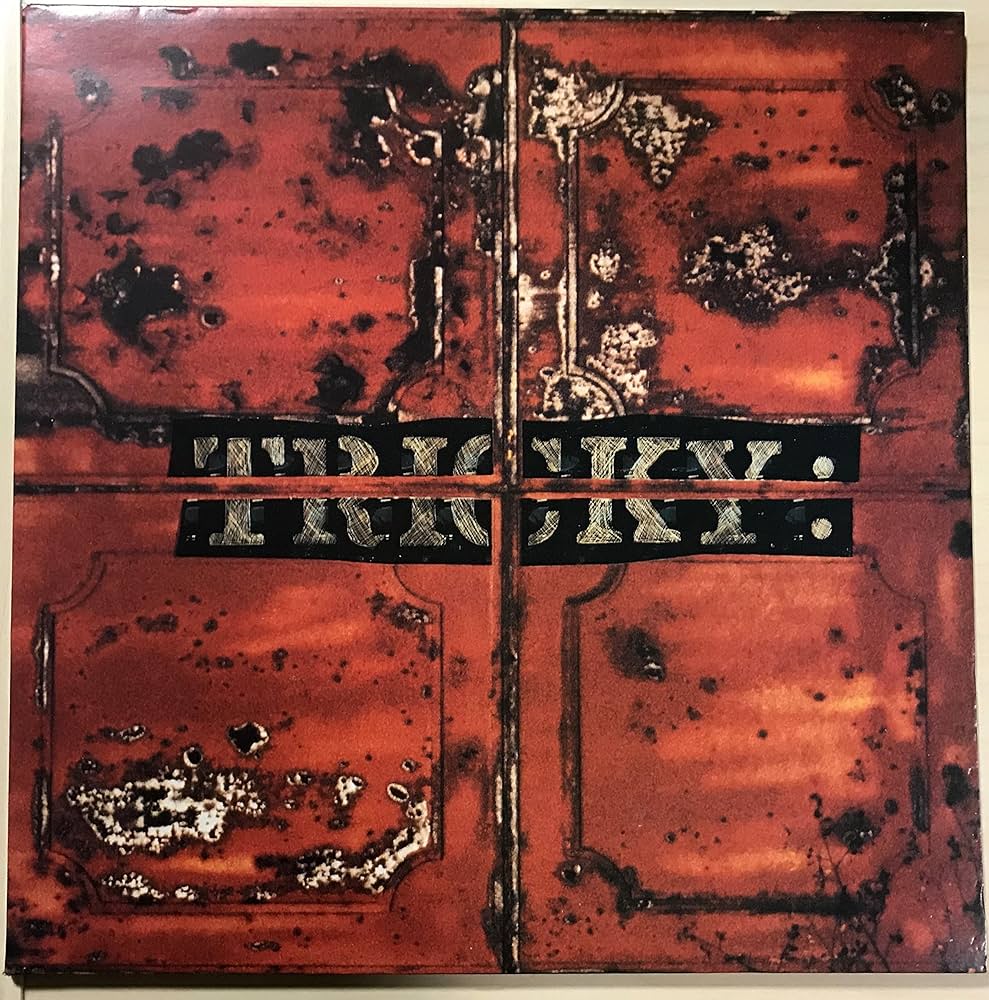
Tricky’s Maxinquaye took the trip-hop genre to darker, more experimental territory. With its eerie soundscapes and cryptic lyrics, the album defied categorization. Tracks like “Overcome” and “Hell Is Round the Corner” wove together elements of hip-hop, dub, and rock, creating a haunting and hypnotic experience. While it flew under the radar for many listeners in the 90s, its influence on electronic and alternative music has only grown over time, making Tricky a true pioneer.
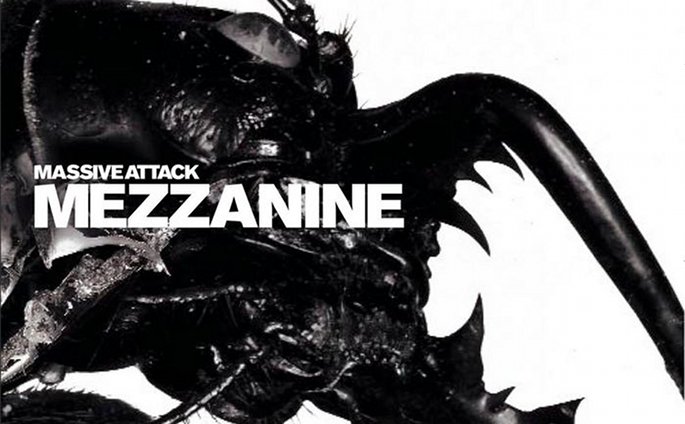
Massive Attack’s Mezzanine was a masterclass in atmosphere and mood. Combining dub, electronica, and rock, the album’s brooding tracks like “Teardrop” and “Angel” created a sound that felt like the future unfolding in real-time. Its layered production and emotional depth have influenced countless artists across genres, from electronic music to hip-hop. Mezzanine was more than an album—it was a harbinger of the ambient and experimental music that would dominate the next two decades.
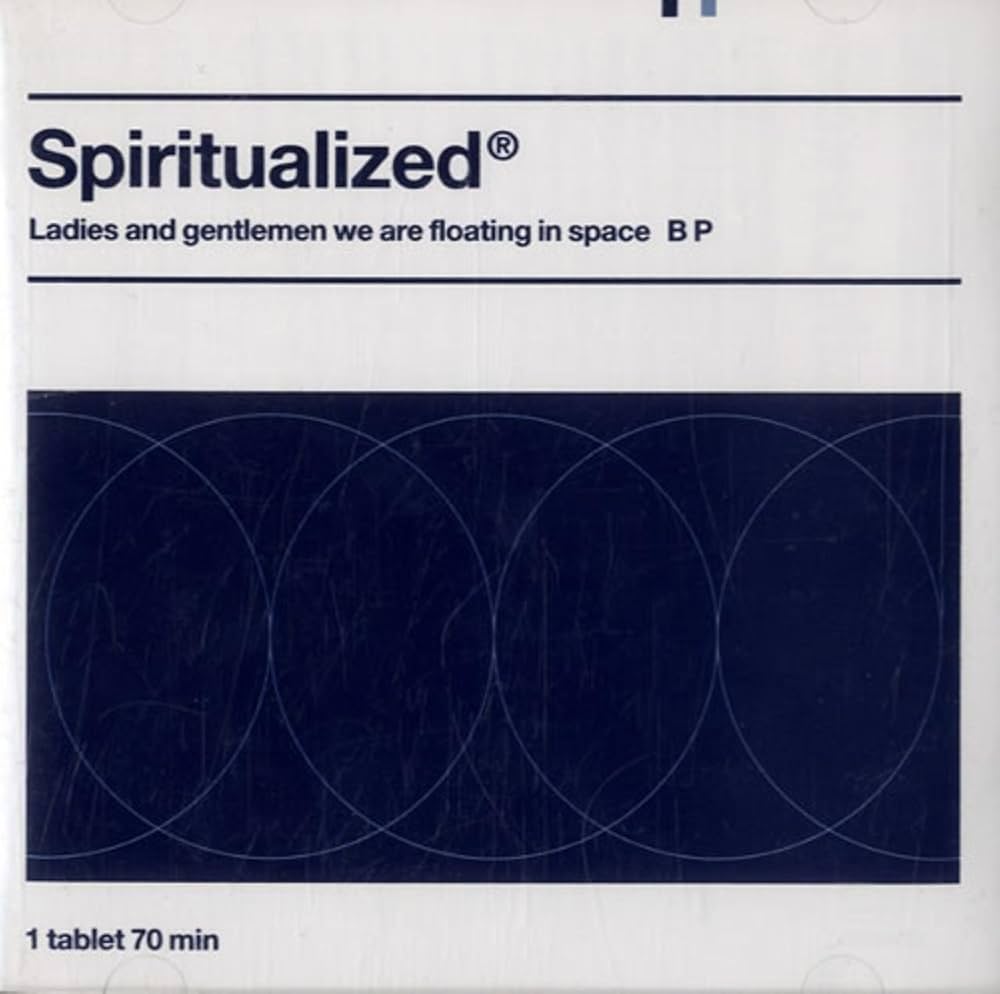
Spiritualized’s third album was a cosmic exploration of heartbreak and existential longing. Mixing gospel choirs, orchestral arrangements, and space-rock elements, tracks like the title song and “Broken Heart” created an immersive, otherworldly experience. While the album didn’t achieve massive commercial success, its lush production and emotional resonance have made it a cult classic and a favorite among music aficionados.
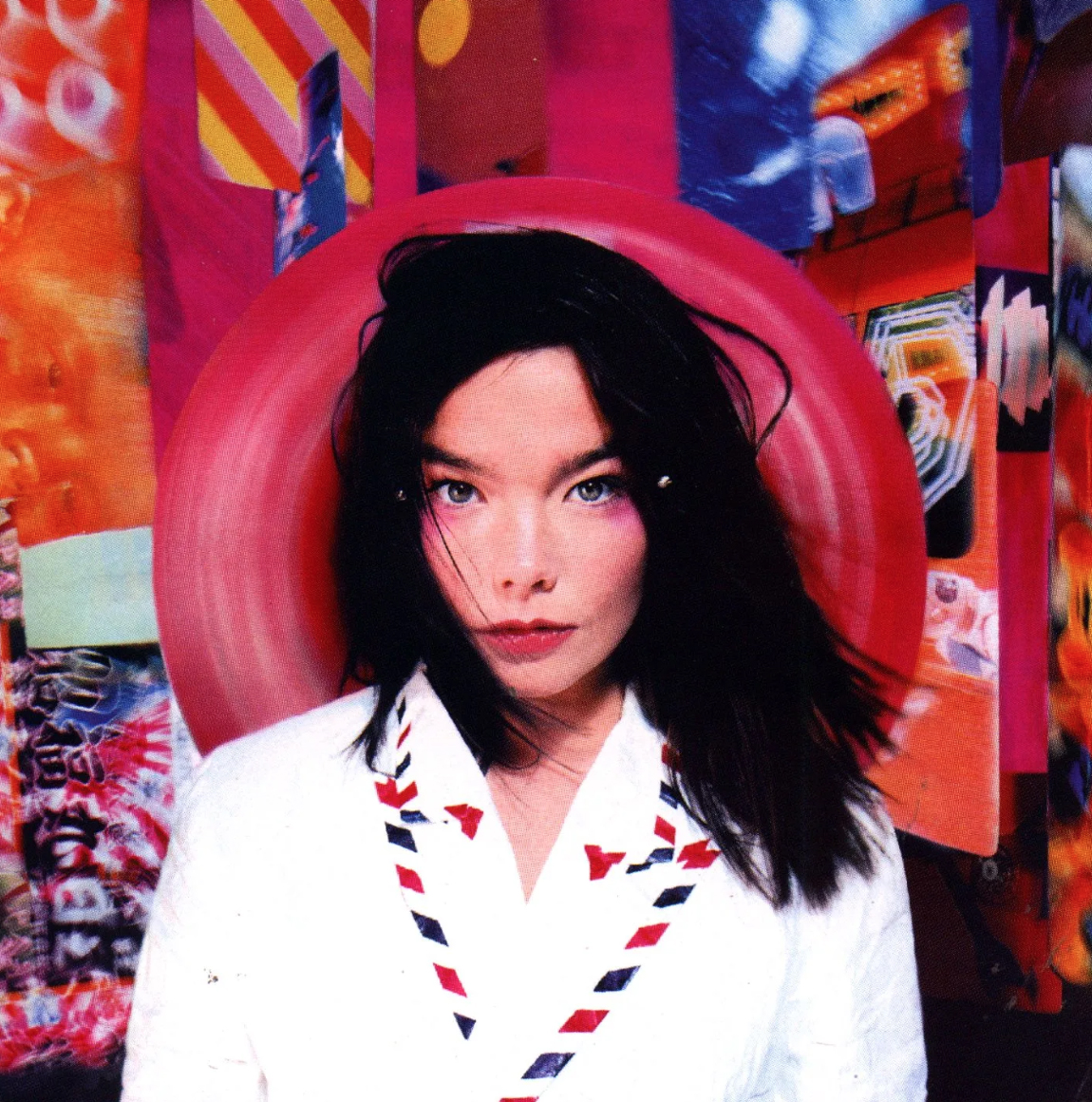
Before Homogenic, Björk’s Post redefined what pop music could be. Blending dance beats, trip-hop, and avant-garde influences, tracks like “Army of Me” and “Hyperballad” challenged traditional pop conventions. The album’s eclectic sound and fearless experimentation laid the groundwork for the genre-blurring music that defines today’s pop landscape. Björk wasn’t just ahead of her time—she was in a league of her own.

Public Enemy’s Fear of a Black Planet wasn’t just an album—it was a cultural statement. Tackling issues of race, inequality, and systemic oppression, tracks like “Fight the Power” and “911 Is a Joke” were both timely and timeless. The album’s dense, layered production pushed the boundaries of hip-hop, influencing everyone from Kanye West to Kendrick Lamar. Three decades later, its message and innovation still resonate.

Often dismissed as too weird upon its release, Neutral Milk Hotel’s In the Aeroplane Over the Sea has since become one of the most revered indie albums of all time. With its surreal lyrics, lo-fi production, and raw emotion, tracks like “Holland, 1945” and the title track felt deeply personal yet universal. The album’s unconventional sound was ahead of its time, paving the way for the rise of indie folk in the 2000s.

